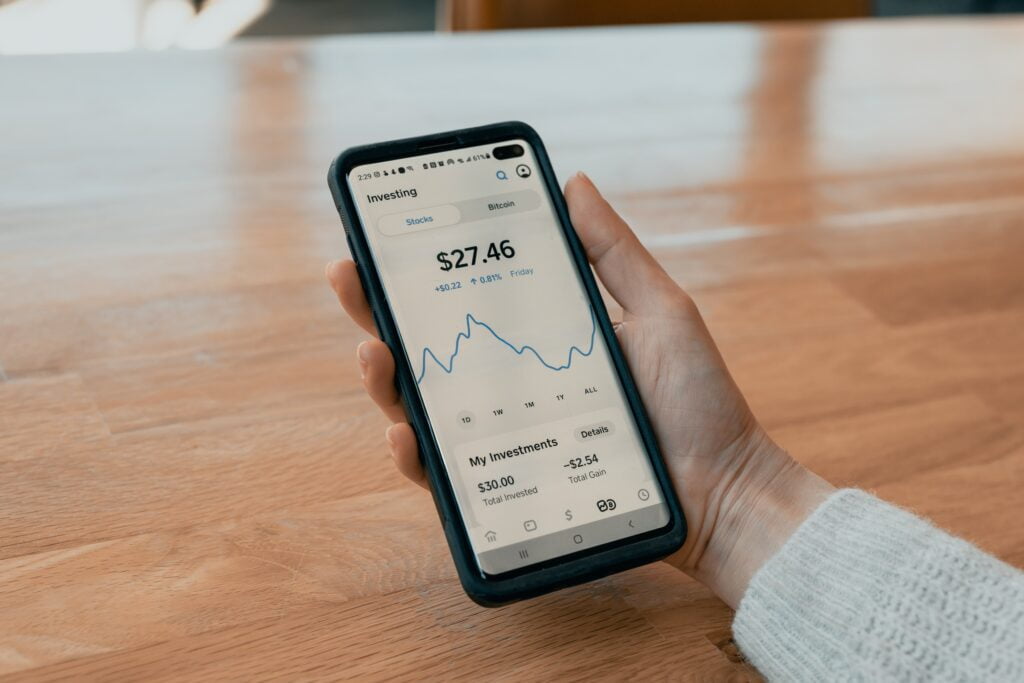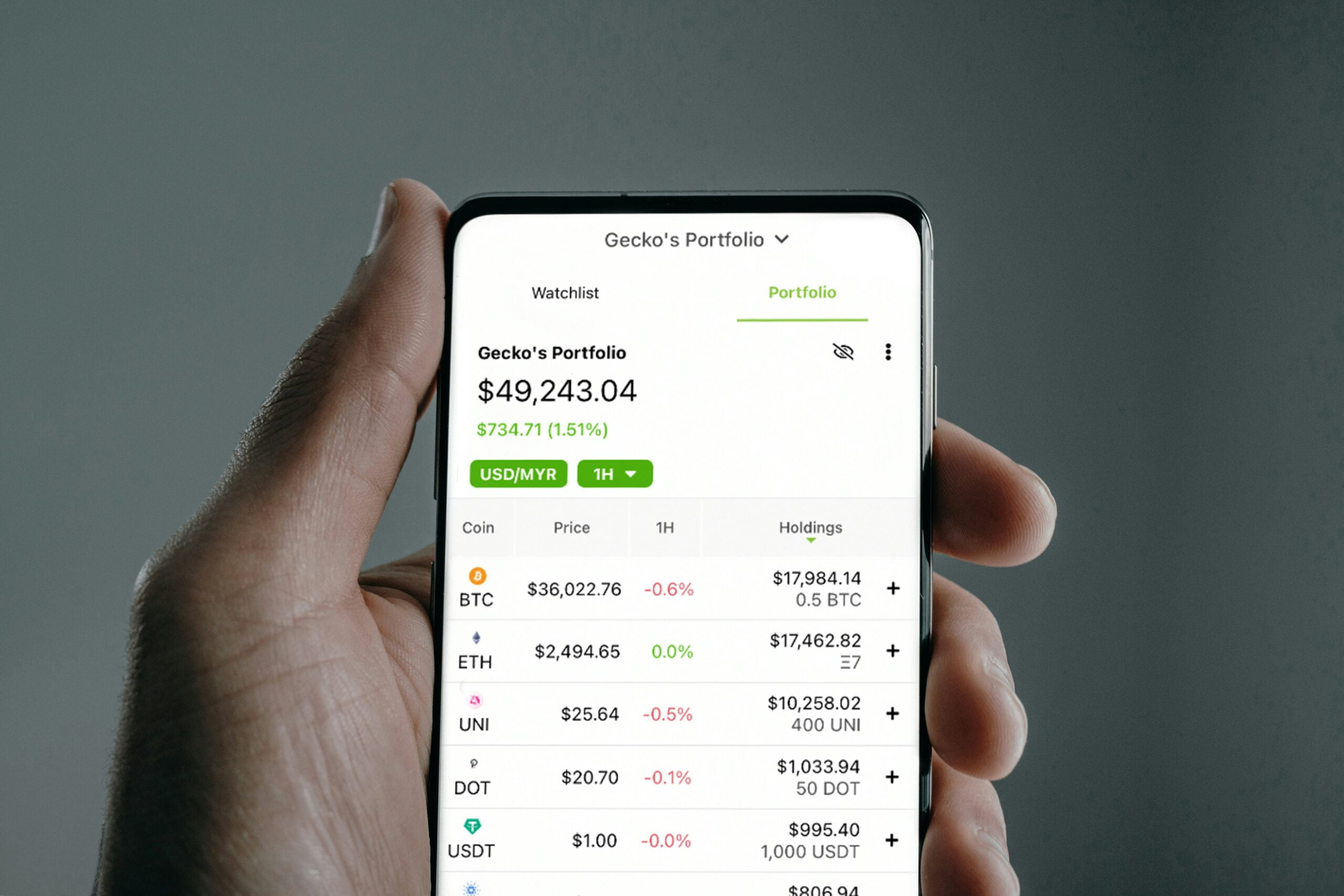The New York Stock Exchange (NYSE) is the largest stock exchange in the world by market capitalization. It was founded in 1792 as the Buttonwood Agreement, and it has been a major force in the American economy ever since. The NYSE is home to over 2,800 listed companies, and it trades over 4.5 billion shares per day.
Table of containts
- Early History
- The 20th Century
- The 21st Century
- The Future of the NYSE
- Additional Information
- Conclusion
- Sure, here is an FAQ about the New York Stock Exchange (NYSE):
- What is the New York Stock Exchange (NYSE)?
- How does the NYSE work?
- Who owns the NYSE?
- What are the benefits of listing on the NYSE?
- What are the risks of listing on the NYSE?
- How can I invest in stocks listed on the NYSE?
- What are the fees associated with investing in stocks listed on the NYSE?
- What are the risks of investing in stocks listed on the NYSE?
- How can I learn more about investing in stocks listed on the NYSE?
- Sure, here is an FAQ about the New York Stock Exchange (NYSE):
Early History

The Buttonwood Agreement was signed by 24 brokers under a buttonwood tree on Wall Street in Manhattan. The agreement established a set of rules for trading stocks, and it marked the beginning of the NYSE. The exchange initially traded only government bonds and bank stocks, but it soon expanded to include other types of securities.
In the early 19th century, the NYSE played a key role in the development of the American economy. The exchange provided a platform for companies to raise capital, and it helped to create a liquid market for securities. This liquidity was essential for the growth of the American economy, as it allowed investors to easily buy and sell stocks.
The 20th Century
The NYSE continued to grow throughout the 20th century. The exchange was a major beneficiary of the post-World War II economic boom, and it saw a sharp increase in trading volume in the 1950s and 1960s. The NYSE also played a role in the development of new trading technologies, such as the electronic trading system that was introduced in the 1970s.
In the late 20th century, the NYSE faced increasing competition from other exchanges, such as the Nasdaq. The Nasdaq was founded in 1971, and it quickly became the preferred exchange for trading technology stocks. In an effort to remain competitive, the NYSE merged with the Archipelago Exchange in 2006. The merger created the NYSE Euronext, which was the largest stock exchange in the world at the time.
The 21st Century
The NYSE has continued to evolve in the 21st century. The exchange has adopted a number of new technologies, such as high-frequency trading, and it has expanded its global reach. In 2013, the NYSE was purchased by Intercontinental Exchange (ICE). ICE is a global diversified financial services company that operates a number of exchanges, including the New York Mercantile Exchange (NYMEX) and the Intercontinental Exchange (ICE).
The Future of the NYSE
The future of the NYSE is uncertain. The exchange faces increasing competition from electronic trading platforms, and it is unclear how it will adapt to the changing landscape of the financial markets. However, the NYSE has a long and storied history, and it is likely to remain a major force in the global economy for many years to come.
Additional Information
- The NYSE is located at 11 Wall Street in Manhattan, New York City.
- The exchange is open from 9:30 AM to 4:00 PM Eastern Time (ET) Monday through Friday.
- The NYSE is a member of the World Federation of Exchanges (WFE).

Conclusion
The New York Stock Exchange is a vital institution in the American economy. The exchange provides a platform for companies to raise capital, and it helps to create a liquid market for securities. The NYSE has played a key role in the development of the American economy throughout its history, and it is likely to continue to do so in the future.
Sure, here is an FAQ about the New York Stock Exchange (NYSE):
What is the New York Stock Exchange (NYSE)?
The New York Stock Exchange (NYSE) is the largest stock exchange in the world by market capitalization. It was founded in 1792 as the Buttonwood Agreement, and it has been a major force in the American economy ever since. The NYSE is home to over 2,800 listed companies, and it trades over 4.5 billion shares per day.
How does the NYSE work?
The NYSE is an auction market, which means that buyers and sellers of stocks place orders with brokers. The brokers then match the orders and execute the trades at the best available price. The NYSE uses a specialist system to maintain a fair and orderly market for each listed security.
Who owns the NYSE?
The NYSE is owned by Intercontinental Exchange (ICE), a global diversified financial services company that operates a number of exchanges, including the New York Mercantile Exchange (NYMEX) and the Intercontinental Exchange (ICE).
What are the benefits of listing on the NYSE?
There are a number of benefits to listing on the NYSE, including:
- Increased visibility and liquidity for a company’s stock
- Access to a wider pool of investors
- The ability to raise capital more easily
- The prestige of being listed on a major stock exchange
What are the risks of listing on the NYSE?
There are also a number of risks associated with listing on the NYSE, including:
- The cost of listing and maintaining a listing
- The potential for increased volatility in a company’s stock price
- The possibility of being de-listed from the exchange if a company does not meet certain financial requirements
How can I invest in stocks listed on the NYSE?
There are a few different ways to invest in stocks listed on the NYSE:
- Open a brokerage account and purchase stocks through a broker
- Invest in mutual funds or exchange-traded funds (ETFs) that track the NYSE
- Invest in a company’s stock directly through its employee stock purchase plan (ESPP)
What are the fees associated with investing in stocks listed on the NYSE?
There are a number of fees associated with investing in stocks listed on the NYSE, including:
- Brokerage commissions
- Annual account fees
- Mutual fund expense ratios
- ETF expense ratios
What are the risks of investing in stocks listed on the NYSE?
Investing in stocks listed on the NYSE is not without risk. The value of stocks can go up or down, and you could lose money on your investment. There is no guarantee that you will make money by investing in stocks.
How can I learn more about investing in stocks listed on the NYSE?
There are a number of resources available to help you learn more about investing in stocks listed on the NYSE, including:
- The Securities and Exchange Commission (SEC)
- The Financial Industry Regulatory Authority (FINRA)
- Your financial advisor
Please note that this FAQ is intended for informational purposes only and should not be construed as investment advice. You should always consult with a financial advisor before making any investment decisions.

1 thought on “The New York Stock Exchange: A Historical Overview”